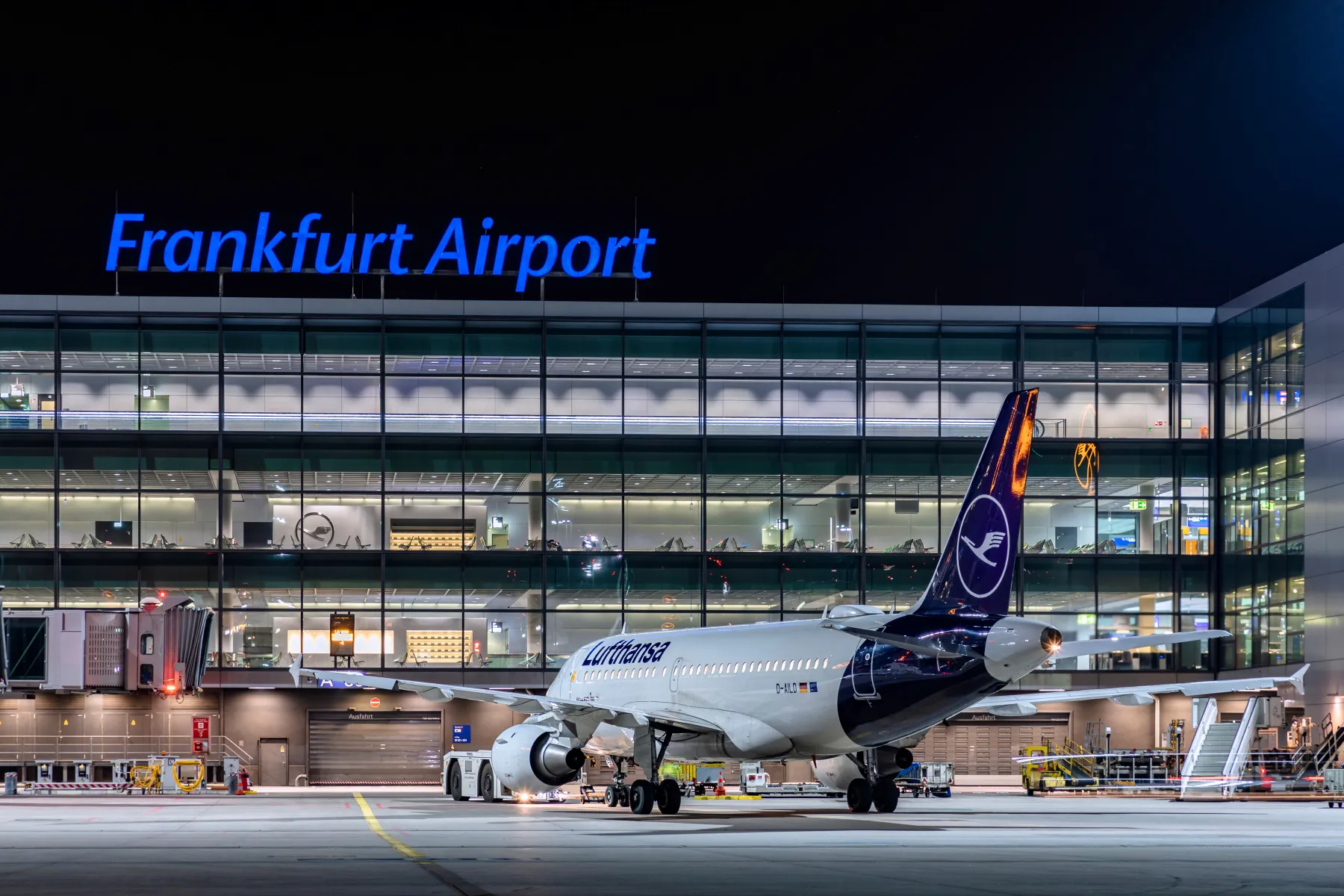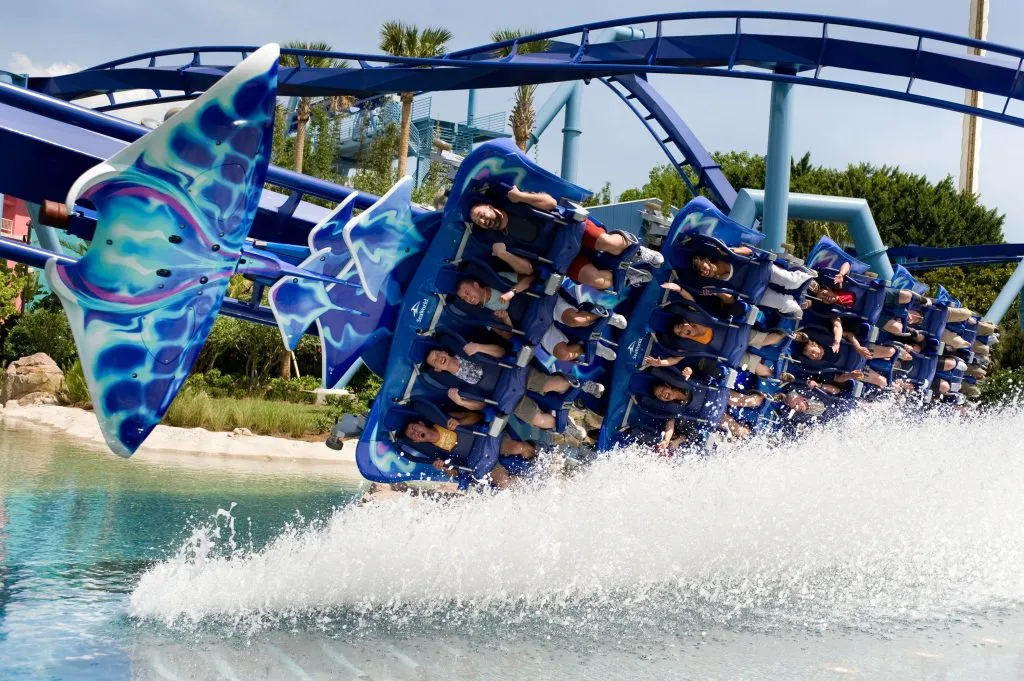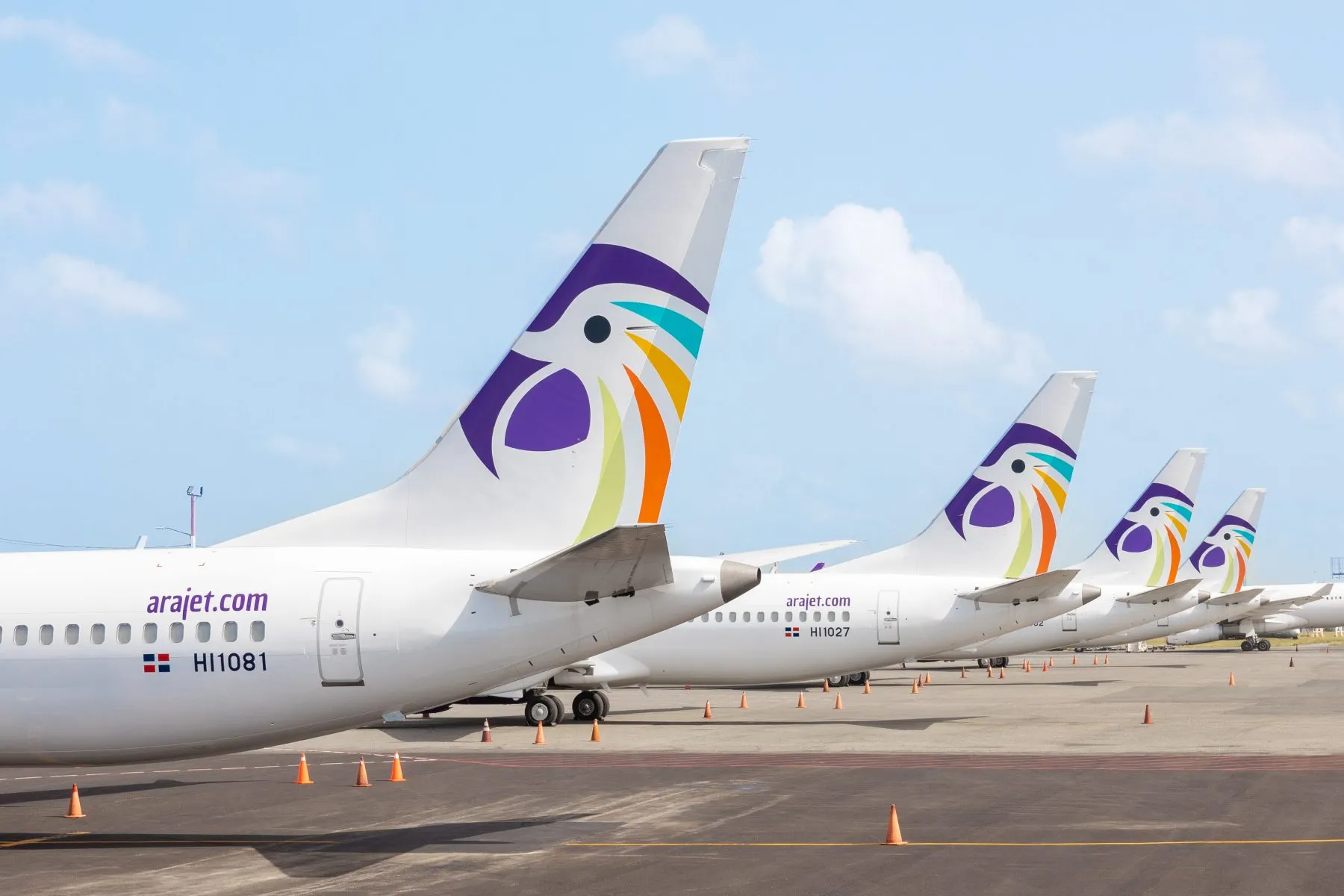The Business of Loyalty: Alaska and American Drastically Reduce Their Frequent Flyer Partnership
Skift Take
 Editor's Note: Grant Martin, writer of the Skift Business of Loyalty newsletter, is on vacation. Today, airline business reporter Brian Sumers takes over, writing about how Alaska Airlines and American have cut many of their reciprocal loyalty benefits.
Editor's Note: Grant Martin, writer of the Skift Business of Loyalty newsletter, is on vacation. Today, airline business reporter Brian Sumers takes over, writing about how Alaska Airlines and American have cut many of their reciprocal loyalty benefits.
When Alaska Airlines acquired Virgin America last year, regulators feared the combined entity might have too much power — not because it would be so large — but because of its commercial partnerships with American Airlines and Delta Air Lines.
But less than a year and a half later, that's nearly moot. Having already cut its frequent flyer relationship with Delta, Alaska said earlier this month it is drastically reducing its collaboration with American. With the changes, Alaska and American will act more like competitors than partners.
Beginning in January, customers will only earn Alaska frequent flyer miles on American's domestic flights if they book a codeshare through Alaska. While Alaska sells about 1,100 daily American flights on its website, most don't touch California or Seattle — Alaska's two most important markets. And American customers will only earn miles on Alaska flights if they book codeshare routes through American.
American and Alaska will also stop providing benefits for the other's elite frequent flyers. They'll lose priority boarding, free bags, and preferred seating.
Still, unlike Alaska and Delta, which cut ties completely in May, Alaska and American will retain a relationship. Perhaps most important, Alaska loyalists will still earn miles on American's international routes regardless of how they book. Customers also may redeem miles for free flights on the other carrier, just like today.
It's easy to see why American and Alaska made this decision. Until a year ago, Alaska was a small regional airline, not much threat to American. Alaska still isn't huge — it's the fifth-largest U.S. airline — but by buying Virgin America, it became a competitor on many nonstop and one-stop routes dominated by American, including New York to Los Angeles.
Now, whenever possible, American wants its frequent flyers to fly American. And Alaska feels the same way.
"This looks like a resetting of the relationship considering the new reality of a larger and more competitive Alaska," Brett Snyder, an airline analyst who writes the blog, Crankyflier.com, wrote in a post.
However, he said, it might hurt both airlines since they could lose loyal customers to other carriers.
"The current Alaska loyalist who needs to fly outside of the West Coast frequently may be pushed into the arms of Delta because there aren’t mileage-earning opportunities with Alaska in as many places domestically anymore," Snyder said.
Here are some other stories we've enjoyed recently about loyalty.
Delta Says Travelers Still Love Airline Credit Cards Even Though Miles Are Worth Less
Frequent flyers sometimes compare Delta Sky Miles to a third-world currency that loses its value constantly. But the airline said this week travelers still love the airline's American Express branded credit cards. It expects sign-ups to reach an all-time high this year.
American Airlines Eliminates Codeshare Agreements with Qatar Airways and Etihad
Even as American's relationship with Gulf carriers has deteriorated, the carrier kept codeshare agreements with Qatar and Etihad. That was helpful for American's customers, who could buy a ticket on American and still fly a Gulf carrier for a leg or two. But American said this week it is canceling those codeshare deals.
United Has a New Way to Make Money From Overbooked Flights
For a true road warrior, there's nothing worse than seeing a flight is sold-out. When you have to go to San Francisco tomorrow, you have to go. But United Airlines is using new technology to try to ensure this doesn't happen. Essentially, if a flight sells out, United will consider trying to entice passengers on cheaper fares to take another flight, thus opening availability for more expensive tickets. It should be a win-win.
Half of Business Travelers Want to Avoid Human Interaction on the Road
It's almost surprising the number is only half. In so many cases, technology — especially airline mobile apps — is so much more effective than human interaction.
U.S. Airlines Are Making Their VIP Lobbies Even More Posh
If you spend roughly $50,000 per year on United Airlines, do you know your reward? Among other things, you'll have access to special customer service lobbies in San Francisco, Los Angeles, Chicago, Houston and Newark.
Which Hotel Programs Offer Guaranteed Availability Benefits?
Skift hospitality editor Deanna Ting flagged this story from ThePointsGuy, which details some perks of various hotel loyalty programs.




